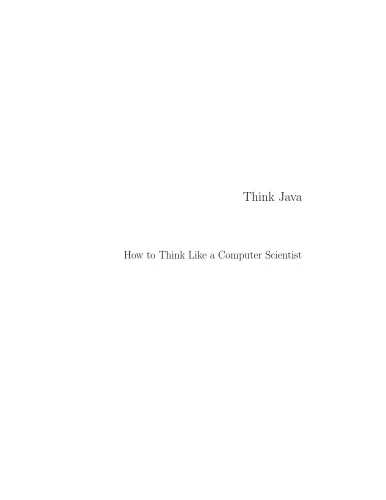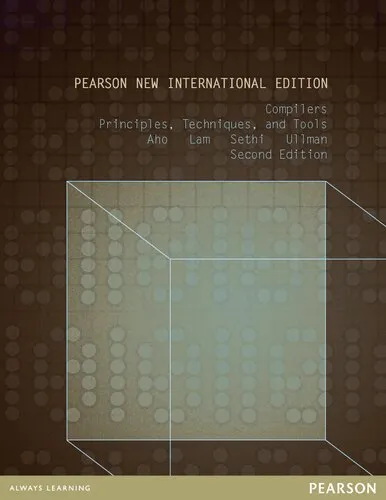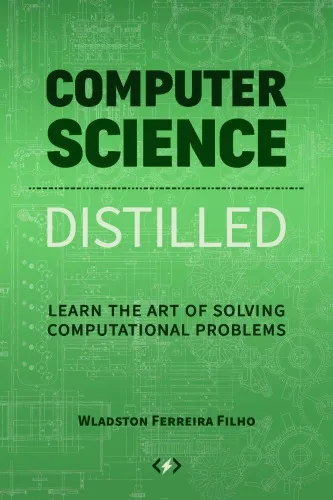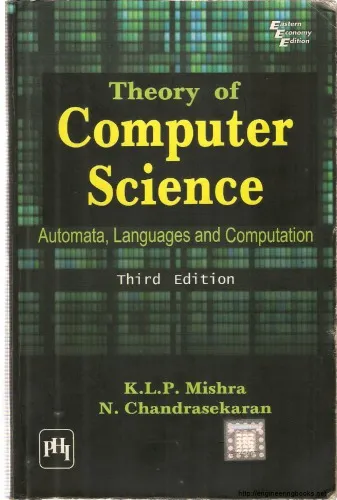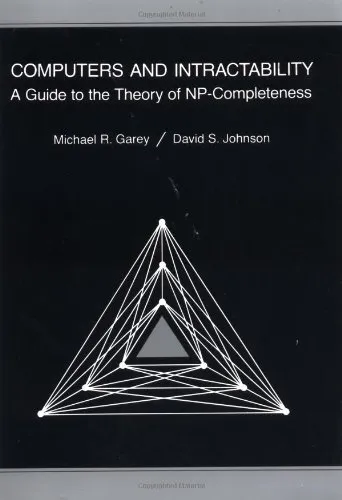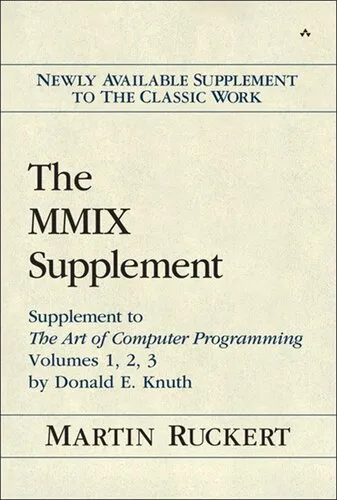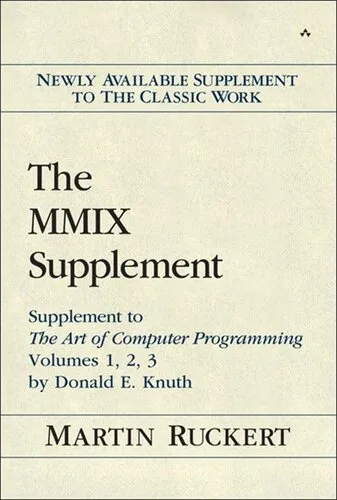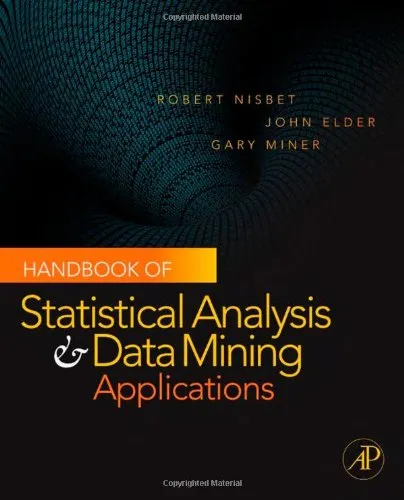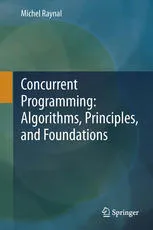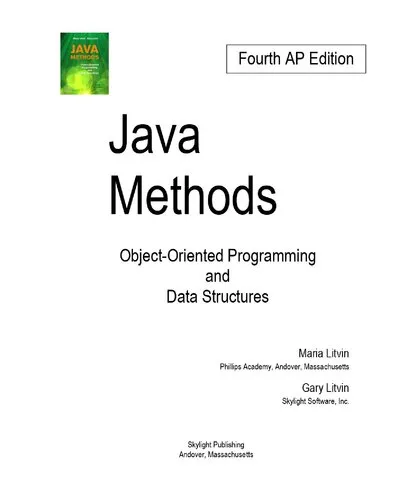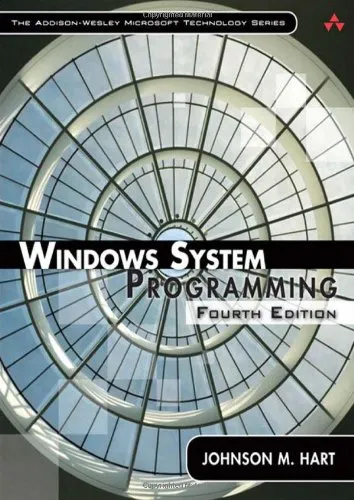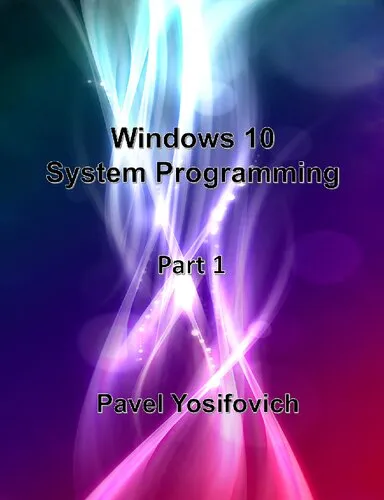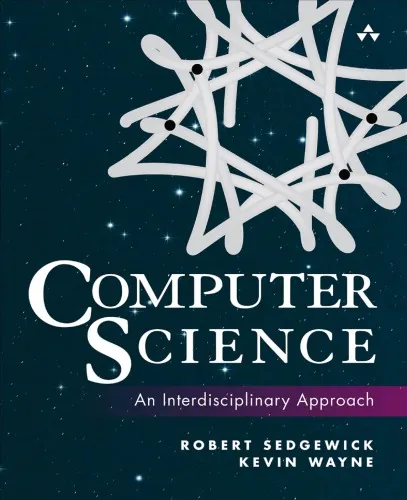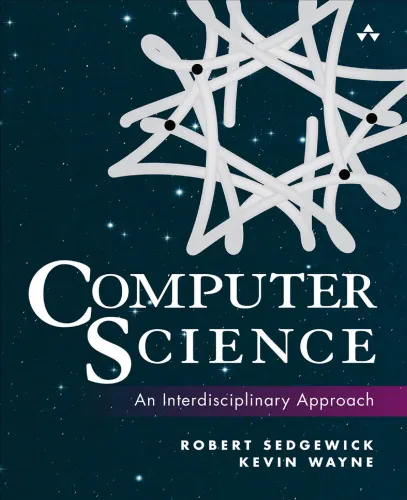Think Java - How to Think Like a Computer Scientist
4.5
Reviews from our users

You Can Ask your questions from this book's AI after Login
Each download or ask from book AI costs 2 points. To earn more free points, please visit the Points Guide Page and complete some valuable actions.Related Refrences:
Introduction to 'Think Java - How to Think Like a Computer Scientist'
"Think Java: How to Think Like a Computer Scientist" is a comprehensive guide for beginners venturing into the world of programming. Written with a unique blend of clarity and depth, this book introduces Java programming while focusing on the fundamental principles of computer science and problem-solving.
Detailed Summary of the Book
"Think Java" is tailored for readers who are new to programming and have little to no prior experience with coding. The book provides an accessible introduction to Java, one of the most widely-used programming languages in the world, while also covering foundational concepts that apply to programming in general.
The book starts with the basics: understanding variables, expressions, and operators. Gradually, it moves on to more complex topics such as control structures, methods, objects, and classes. One of the standout qualities of this book is its focus on problem-solving. Each concept is accompanied by relevant examples and exercises that challenge the reader to think critically about how to analyze a problem and develop a solution.
As the title implies, this book emphasizes thinking like a computer scientist. It teaches readers to break problems into smaller pieces, design algorithms, and consider edge cases. Later chapters delve into object-oriented programming, recursion, and basic data structures, providing the foundation required to tackle real-world programming challenges. Along the way, the book examines best practices, such as debugging techniques and writing reusable code, to instill strong habits in new developers.
The conversational tone and hands-on approach ensure that readers won't feel overwhelmed. By the end of this book, learners will have the skills and confidence to pursue advanced studies in Java or even other programming languages.
Key Takeaways
- Learn the fundamentals of Java programming, including variables, loops, arrays, and more.
- Master object-oriented programming (OOP) concepts like inheritance, encapsulation, and polymorphism.
- Develop critical problem-solving skills by breaking down problems and designing effective algorithms.
- Understand how recursion and data structures, such as lists and maps, work in programming.
- Adopt essential practices for debugging, refactoring, and writing reusable code.
- Foster a mindset of thinking like a computer scientist to tackle complex challenges.
Famous Quotes from the Book
"The single most important skill for a computer scientist is solving problems, and the essence of solving problems is the ability to think creatively."
"Programming is not just a practice; it is a way of thinking. Learning Java is about more than syntax—it’s about learning how to solve problems systematically."
"Error messages are not enemies. They’re clues—a guide to fixing problems and improving your code."
These quotes encapsulate the book’s approach, focusing not only on the technical aspects of Java but also on the mindset needed to succeed in programming.
Why This Book Matters
"Think Java" stands out among introductory programming books because it prioritizes the skills and mindset needed to become a proficient programmer. In a world where technology is becoming indispensable in every field, understanding programming is an invaluable skill. Java, as a versatile and widely-used language, is an excellent starting point for aspiring developers.
Whether you are a student, a professional looking to pivot to software development, or simply a curious learner, this book offers a solid foundation. It bridges the gap between programming syntax and problem-solving approaches, giving readers the tools they need to not only write functional code but also think critically about how their code works.
Moreover, the book’s engaging exercises and real-world examples ensure that readers remain motivated and retain what they’ve learned. The teaching style fosters a gradual yet thorough understanding, making it ideal for learners who wish to master programming step by step.
"Think Java: How to Think Like a Computer Scientist" isn't just a guide to learning Java; it's a roadmap to developing a deeper understanding of computer science and problem-solving—a skill set that goes far beyond programming.
Free Direct Download
You Can Download this book after Login
Accessing books through legal platforms and public libraries not only supports the rights of authors and publishers but also contributes to the sustainability of reading culture. Before downloading, please take a moment to consider these options.
Find this book on other platforms:
WorldCat helps you find books in libraries worldwide.
See ratings, reviews, and discussions on Goodreads.
Find and buy rare or used books on AbeBooks.
1459
بازدید4.5
امتیاز0
نظر98%
رضایتReviews:
4.5
Based on 0 users review
Questions & Answers
Ask questions about this book or help others by answering
No questions yet. Be the first to ask!
